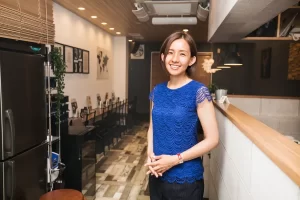LivingAnywhere – LIFULL’s Remote Work Management for Employee Wellbeing.
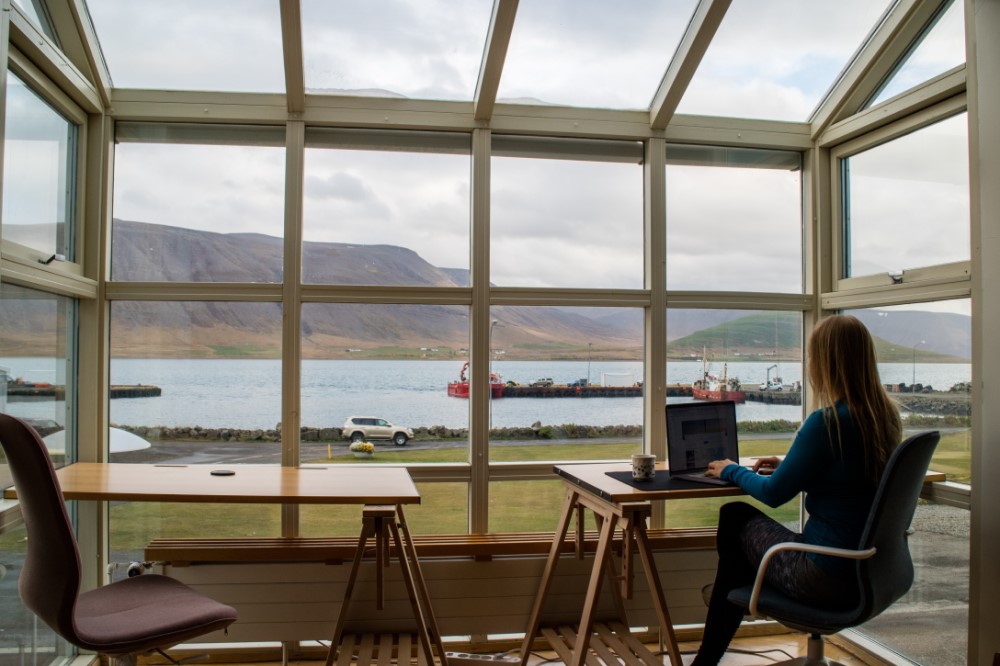
LIFULL Co., Ltd. is a company that develops business projects to help solve a number of social issues. Most famous is their real estate / housing information website, ’LIFULL HOME’S’, one of the top housing sites in Japan. In recent years, the company has garnered attention for its activities based on their corporate message “Make every LIFE FULL.”
The company has engaged in a number of initiatives to solve the issues faced by both individuals and society at large, which LIFULL refers to collectively as ‘social issues.’ LIFULL is improving its efforts to solve social issues both inside and outside company walls. These efforts include a variety of HR policies to support diverse lifestyles, as well as management of ‘LivingAnywhere Commons‘, a community for individuals who want to make a living doing what they want, while living where they want to.
What makes these initiatives noteworthy is that they did not originate as a business idea, but rather came out of the company’s own volition and beliefs. This interview with important members of LIFULL will hopefully shed some light on what it is that drives the company’s employees.
Is “Permanent Settlement” a Social Issue?
“Together, we practice the philosophy of LivingAnywhere; being unrestricted by things like location, infrastructure, or employment, and making a living doing what we want, where we want.”
This quote sums up LIFULL’s view of the purpose of its LivingAnywhere Commons project. Community members are able to stay at any of the locations found across Japan, making it possible to work and live comfortably without being tied to any one place. This concept of LivingAnywhere has been promoted by businessman Taizo Son, Takashi Inoue (Representative Director and President of LIFULL,) and Jun Yamadera (Representative of Eyes,JAPAN) in the years following 2017.
According to Katsunori Koike, who holds a position in both LIFULL’s Local Revitalization Division (LivingAnywhere Commons Group,) and as a member of the Living Anywhere Association’s executive office, “The concept of permanent residency could be seen as a social issue in and of itself.”
“Although it’s customary in Japan to settle down in a single location, a permanent residence comes with drawbacks such as commuting, along with other constraints when choosing work. Our idea is to reconsider this customary practice, and utilize technology to increase the degree of freedom people have with regards to work and life.” (Koike)
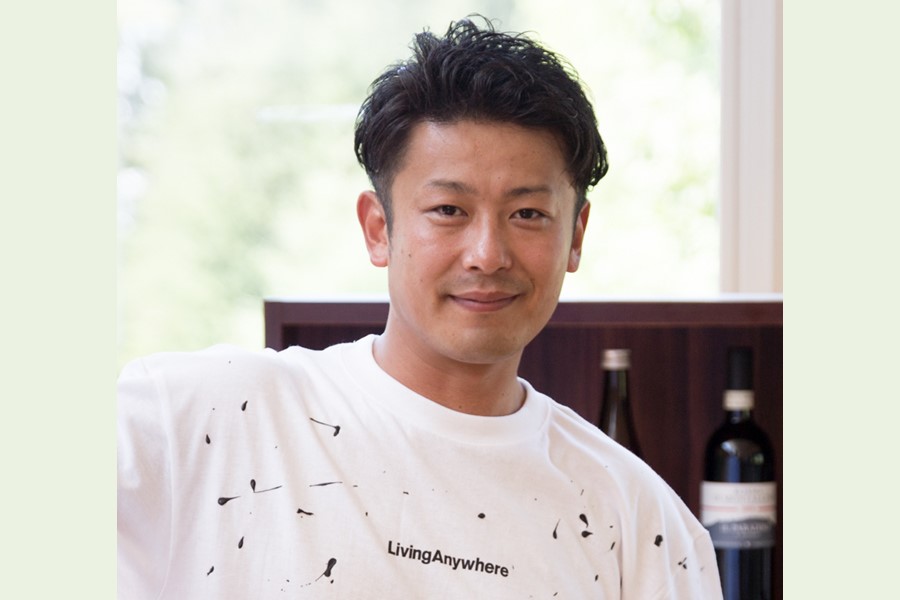
This way of thinking was reinforced by the social conditions that arose following the COVID-19 pandemic that began in 2020. With remote work becoming the norm, LivingAnywhere Commons experienced rapid growth, reaching six times the number of users it had in the prior year.
That being said, the philosophy promoted by LivingAnywhere Commons would seem to contradict that of LIFULL HOME’S, which is LIFULL’s primary business. When asked whether this initiative might negatively affect the profitability of the company’s business, Mr. Koike dismissed the notion.
“At LIFULL, we have a doctrine of altruistic capitalism for public good, and want to value all potential stakeholders. If we see the potential to solve a social issue, our first reaction is to try to do so. If what we are doing provides value to society, it should eventually lead to business opportunities as well. Mr. Inoue began this project with that in mind, and I feel the same way about my work.” (Koike)
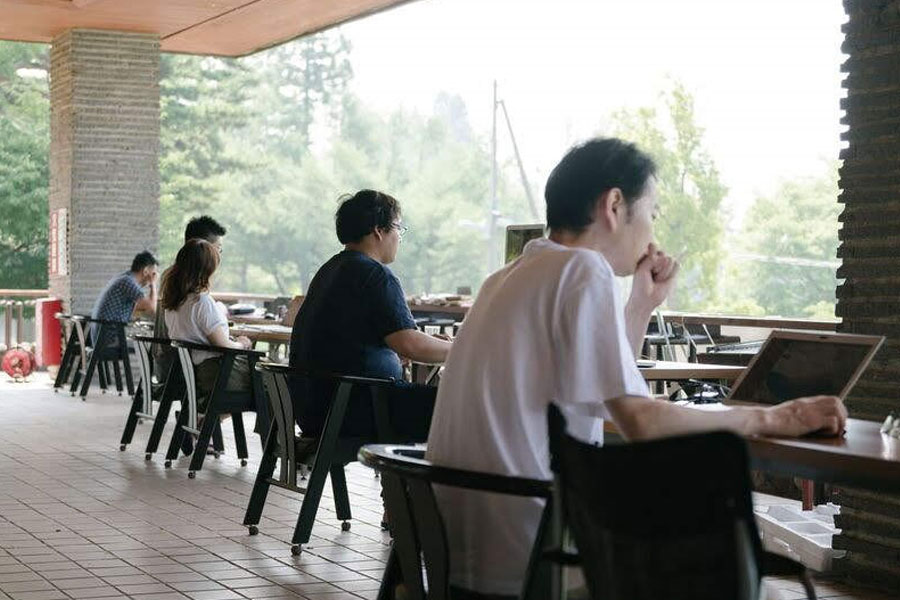
350 Employees Taking Workations
The LivingAnywhere philosophy has also influenced LIFULL’s approaches to work.
“In October of 2020, we expanded our company’s remote work policy, and included working from the 12 LivingAnywhere Commons locations in our definition of working from home. There are presently a number of LIFULL employees who regularly take workations. Individuals are free to choose a work location that best suits them, whether that be at home where they can concentrate, the company office with its various resources, or a public place for work that cannot be done at home. We are promoting this setup under the name ‘LivingAnywhere Work’. (Koike)
LIFULL currently has about 1,500 employees throughout its entire group. They say that over the five month span from August to December of 2020, the number of employees utilizing the LivingAnywhere Commons locations grew to 350 in total. It wasn’t only employees in departments with more freedom, such as sales and marketing. Employees from corporate divisions, such as the legal department and management were also taking advantage of the opportunity. Furthermore, about half of the workers who utilize the locations bring along family or friends, with the average stay being four nights and five days. This shows that the employees who stay at these locations are able to blend their work and personal lives.
Employees who utilized this system commented that it was ‘good for their mental health,’ ‘encouraged positive thinking,’ and ‘helped them discover social issues they wouldn’t have otherwise noticed as a result of interacting with different people.’ According to Mr. Koike, this means the role of the office is evolving.
“Improving employee’s physical, mental, and social wellbeing, as well as providing serendipitous occurrences and enough leeway for innovation to arise. I believe that is what people will soon expect from offices. While the countryside and workations have gained attention as locations that can fulfill these expectations, I see no reason why big cities like Tokyo couldn’t provide the same.” (Koike)
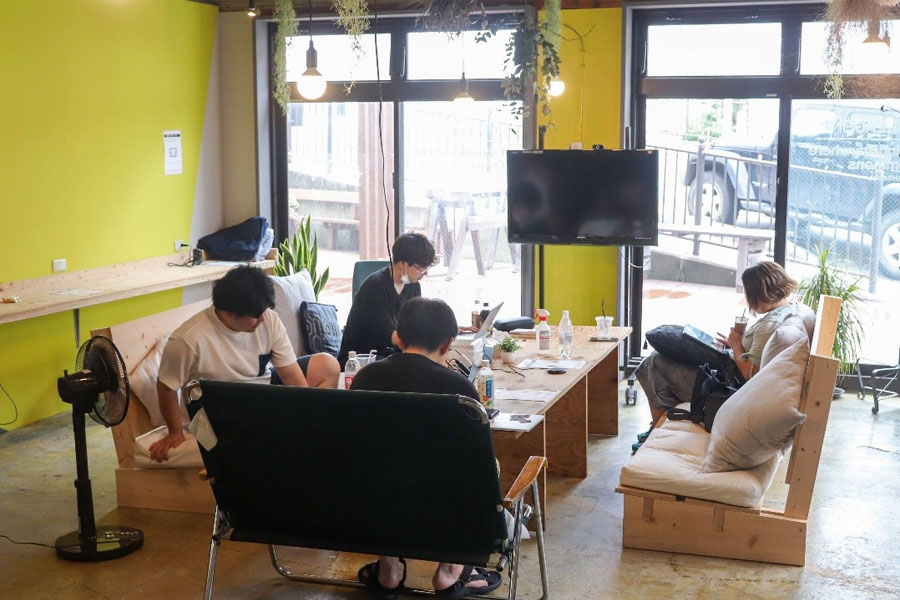
Setting Communication Goals To Deal With Remote Work Problems
LIFULL employees being able to work from the location of their choosing is partially due to a major HR policy change that took place in 2020. The company wanted to take the initiative on its competitors by authorizing two days of remote work per week (or up to 5 days with permission.)
LIFULL had actually been working on this policy prior to the situation brought about by the COVID-19 pandemic. Yukihiro Hada, who holds the position of Chief People Officer, explained that the company wanted to offer its employees a work system that better fit their individual lifestyles.
“We believe it is important to offer support for whatever lifestyle our employees want to choose. The relationship between company and employee is certain to change in the near future. The majority of companies in Japan still operate primarily on long term employment contracts, however there are a growing number of freelancers and individuals with side jobs or multiple jobs. Taking that into consideration, forcing employees to work fixed hours at a designated location could be detrimental to companies’ long term success. (Hada)
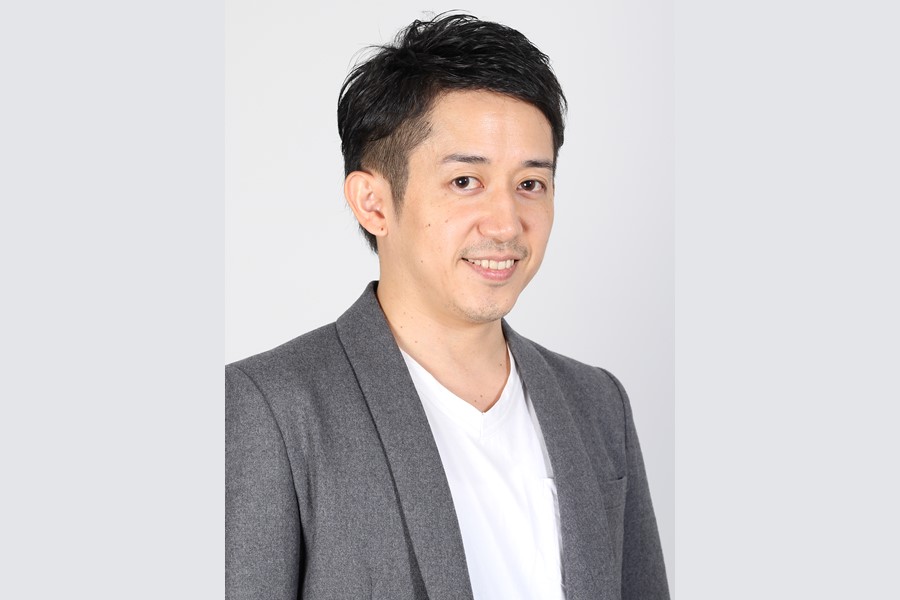
By taking measures to prioritize employee safety during the pandemic, and introducing practices based on remote working, LIFULL’s employee engagement survey has shown a more positive opinion of the company. That said, certain items on the engagement survey related to the management system saw a drop in their approval ratings. This was due to issues with communication.
“At LIFULL, we value 1 on 1 conversations between managers and employees. In a remote working environment, some of our managers were unable to make as much 1 on 1 time as we would like. In order to deal with this issue, we established clear-cut criteria for the total amount of communication that should occur.” (Hada)
The company set a goal of at least one 30 minute 1 on 1 session per week. In addition, topics such as work tasks, personal affairs (kept private and professional,) and ambitions (long-term career goals) were added to the 1 on 1 discussion agenda. As a result, the management scores in the engagement survey saw recovery.
Mr. Hada also sees communication between company divisions as a challenge. In contrast to working in an office environment, remote work tends to lack opportunities for chance conversations with coworkers from outside one’s department. This scenario can lead to employees being overly focused on the agenda of their own department, resulting in a loss of opportunities to gain new perspectives from outsiders.
“To address this, we began recommending our employees take part in online group activities starting in September 2020. Our company currently has over 70 groups for employees with common interests. Instead of having employees return to in-person work activities, we took advantage of the internet in order to achieve more communication across departments.” (Hada)

Purpose Is Created by Merging Employees and Employers Desires
The HR policies at LIFULL being implemented by Mr. Hada have gained attention from outside the company as well. LIFULL’s accolades include being selected by the Great Place to Work survey as one of the best companies in the category of Job Satisfaction for seven consecutive years.
What does LIFULL consider as a determinant for a job satisfaction? According to Mr. Hada, it is the successful merging of employee and employer desires.
“From the perspective of the company, it isn’t possible for the seven members of management to accomplish our corporate message of ‘Making every LIFE FULL’ on their own. It is vital for our approximately 1,500 employees to recognize social issues they have experienced, and attempt to solve these issues through company projects. Our business needs to be driven by the internal motivations and aspirations of individuals.
On the other hand, from an employee perspective, we are entering an era where people’s lifespans are approaching a century, and individuals will likely manage their own career path instead of serving out their entire working life with a single employer. Individuals need to consider their particular strengths, and how they can contribute. In order for them to do so, we must create an environment where employees are able to continually engage in the kind of work they want to do out of their own volition.” (Hada)
Hada stresses the importance of autonomy and trust when looking at this situation. In order to achieve a workplace where results expected of a professional are valued over the amount of time spent on the clock, it is necessary for all employees to be self-directed and build a relationship of trust with the company.
“I think we’ll eventually see an era where employees introduce themselves by their job title rather than their company. If we take that a step further, it may not be strange to hear employees say something like, ‘I just happen to be affiliated with LIFULL at the moment in order to accomplish my goals.’
In order for individuals and companies to trust one another in such an environment, a common goal is needed. For us at LIFULL, that goal consists of our management philosophy, as well as our company message of working to solve social issues.” (Hada)
Hada states that LIFULL does indeed have shared principles and messages that form common goals and support the actions of their employees. This traces back to the company name change that took place in 2017. In the latter part of this article, we will follow the inner branding initiatives that were taken during a period of major change.
Updated September 22, 2022
Interviewed January, 2021
Article by Shinsuke Tada
Illustrations by Toshiki Nonaka




